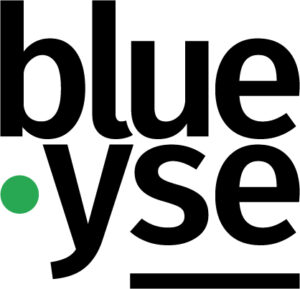Received the card?
Great that you’re visiting this page! This probably means that you have received the discrimination card.
We all categorize people. It is a mechanism in us that served us for a long time. But the perception that we have on these categories are learned. Discriminatory perceptions are learned. This card is an invitation to challenge perceptions and spark conversations.
On this page, you can read stories about people’s experiences with discrimination, sources on cultures, history, and traditions.
Navigate through the page
Personal experiences
Throughout October, we will add more personal stories.
Hitesh Yadav (he/him)
“I pull the card when I’m being yelled at using xenophobic slurs because of my appearance.”
Axelle Ahanhanzo (she/her)
“I pull the card when the psychological safety of employees is not upheld by an organization and I’m perceived as an angry Black woman for trying to change it”
Mark Cusack (he/they)
“I pull the card when people feel it is their right to know what my sexuality is.”
Selma Lemsaadi (she/her)
“I pull the card when the world tells me my struggle is personal, but I know it’s systemic.”
Arnout Nederpelt (he/him)
“I pull the card when people make assumptions about me as a neurodivergent person.”
Quintus Kropholler (he/him)
“I pulled the card when I got singled out in the workplace for speaking up against discriminatory jokes.”
Julie Hemels-Hoff
“I pull the card when people belittle me because I am queer, young, practically educated, woman”
What is your story?
LISTEn TO Podcasts
ARTICLES to read
videos to watch
Books to read
Click on the book cover to visit a website to read an introduction and order.
MOVIES & SERIES to watch
help us improve
Throughout October, we aim to improve the content on this page. Please help us improve by filling out this questionnaire below.
Initiator
Blueyse is a leading agency driving positive societal change. We believe that organizations have a crucial role in realizing this change. We empower organizations to become truly inclusive.
Through our innovative education programs, innovative internal communications strategies, and impactful marketing campaigns, we help organizations to thrive and achieve long-term growth, sustainably.
Disclaimer: The sources shared on this page are not owned by Blueyse.








